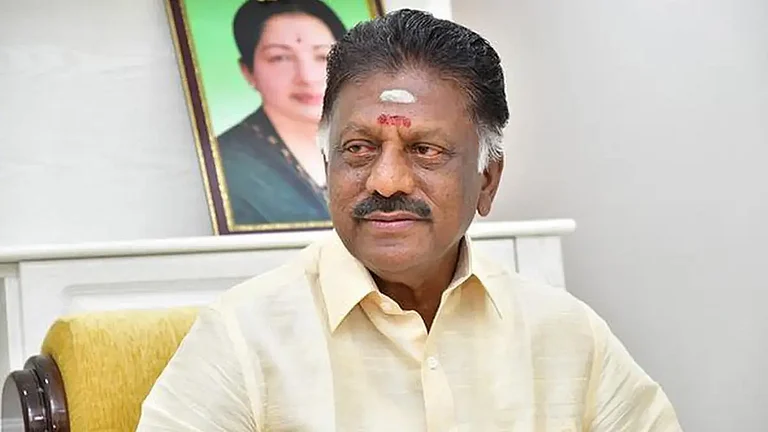“As far as the AIADMK is concerned, it has never been an ideologically driven party—it has always been leader-driven. First it was M. G. Ramachandran, then J. Jayalalithaa. After her, there has been no mass leader of that stature. Over the years, Edappadi has consolidated his position, and Sengottaiyan is not in a strong enough position to challenge him. His sudden revolt, even if backed by ‘external forces,’ is unlikely to destabilise Edappadi in the current scenario,” observes political analyst Babu Jayakumar.

